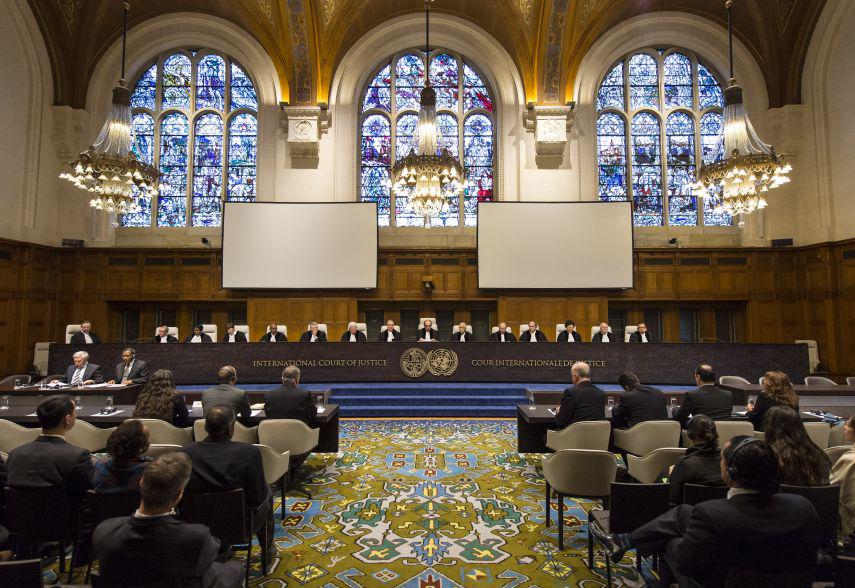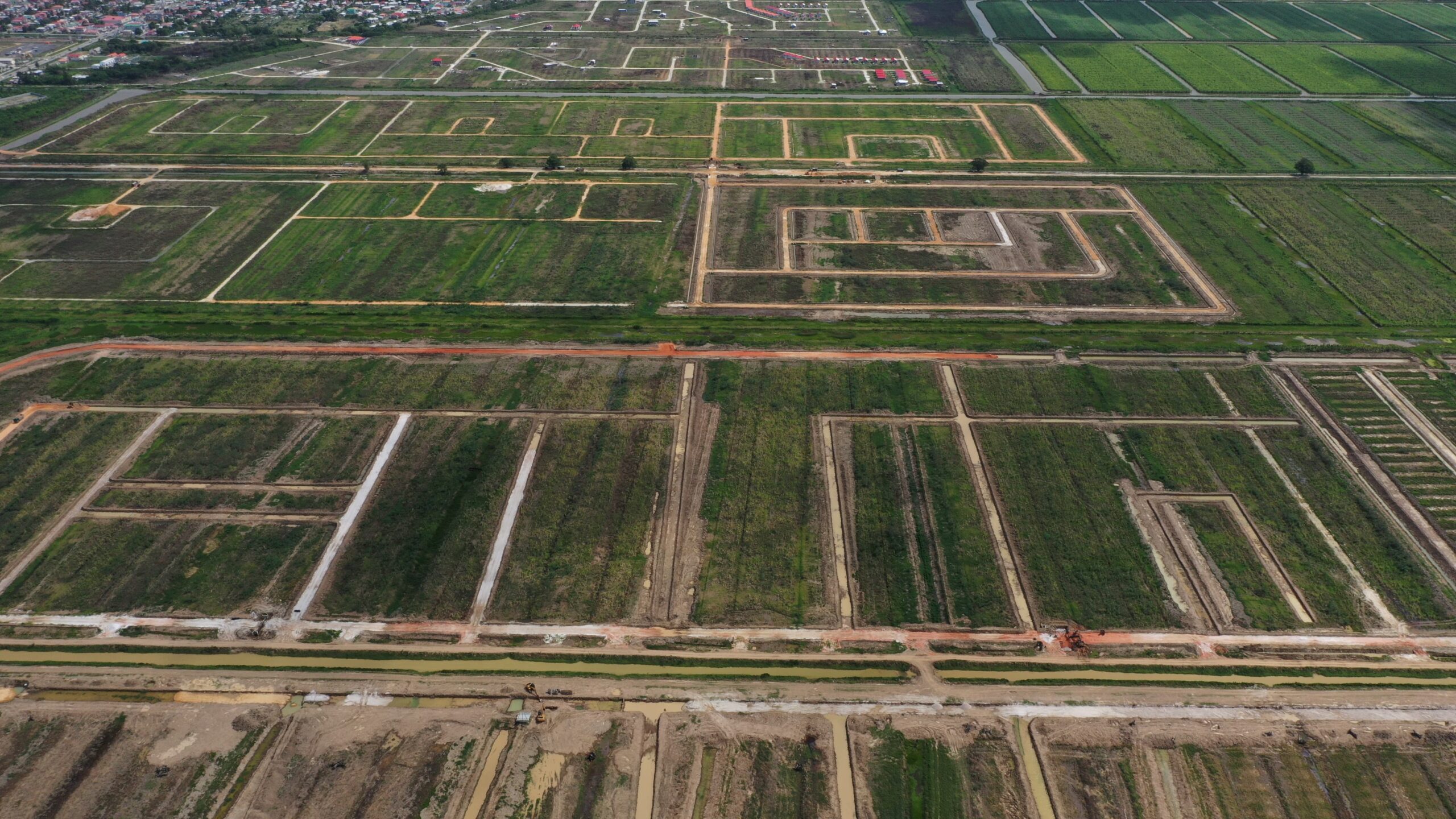The International Court of Justice (ICJ) has decided that it must first decide whether it has the power to make a final and legally binding settlement of the border controversy with Venezuela before it even begins to hear the case.
The Court Tuesday said Guyana has up to November 19 to say why the court has the power to make the legal judgement; further, it was determined that Venezuela will have up to April 19, 2019, to make a counter-argument.
In its Order, the Court pointed out that, in the circumstances of the case, it must first resolve the question of its jurisdiction and that “this question should accordingly be separately determined before any proceedings on the merits,” the ICJ stated in a press release.
The Court, which is the principal judicial organ of the United Nations, decided on the time limits for the submission of written pleadings after it determined that it must first address its own jurisdiction to make a determination regarding the Arbitral Award of 3 October 1899, which determined the boundaries of Guyana and Venezuela.
The Court issued its decision to first determine the question of jurisdiction following a meeting held, pursuant to Article 31 of the Rules of Court, by its President, Judge Abdulqawi Ahmed Yusuf, with representatives Guyana and Venezuela on June 18 last.

At the meeting, the ICJ stated that Guyana’s Foreign Affairs Minister Carl B. Greenidge indicated that Guyana wished to have nine months to prepare its Memorial, or petition to the court.
Ms Delcy Rodríguez Gómez, Vice-President of Venezuela, stated that her Government “consider[ed] that the Court manifestly lack[ed] jurisdiction and that it ha[d] decided not to take part in the proceedings.”
She handed to the President of the Court a letter, dated 18 June 2018, from Mr. Nicolás Maduro Moros, President of Venezuela, in which he pointed out, in particular, that “there [was] no basis for the jurisdiction of the Court” and that Venezuela “[would] not participate in the proceedings”.
Guyana, in response, stated it wished to proceed with the case and the Order of the ICJ, noted “the possibility for Venezuela of availing itself of its procedural rights as a Party to the case is preserved”.
The border controversy between Guyana and Venezuela was referred to the ICJ by the United Nations Secretary-General Antonio Guterres after his Personal Representative, Dagg Halvor Nylander failed to resolve the controversy.
By the Geneva Agreement of February 17, 1966, Guyana and Venezuela allowed for the UN Secretary-General to determine a resolution to the controversy which arose after Venezuelan contented that the Arbitral Award of 1899 which settled the country’s border was null and void.
Guyana is adamant that the 1899 Tribunal provided “a full, perfect and final settlement” but Venezuela denounced the Arbitral Award in 1962 at the Decolonisation Committee of the UN General Assembly as British Guiana sought Independence.
Guyana has accused Venezuela of a series of acts of aggression, starting with a Presidential decree of June 1968. The border controversy flared again in early 2015 when American firm Exxon Mobil announced that it had made a “significant” oil discovery.
After threatening the company, the Venezuelan President Nicolás Maduro issued a decree on May 26, 2015, seeking to extend Venezuela’s land claim to also annex the country’s maritime space.
Four years ago, Venezuela sent a naval ship into Guyanese waters and seized a U.S.-chartered oil survey ship and escorted it to Margarita Island.
In September 2015, Guyanese authorities also said the Venezuela army was up the Cuyuni River.








